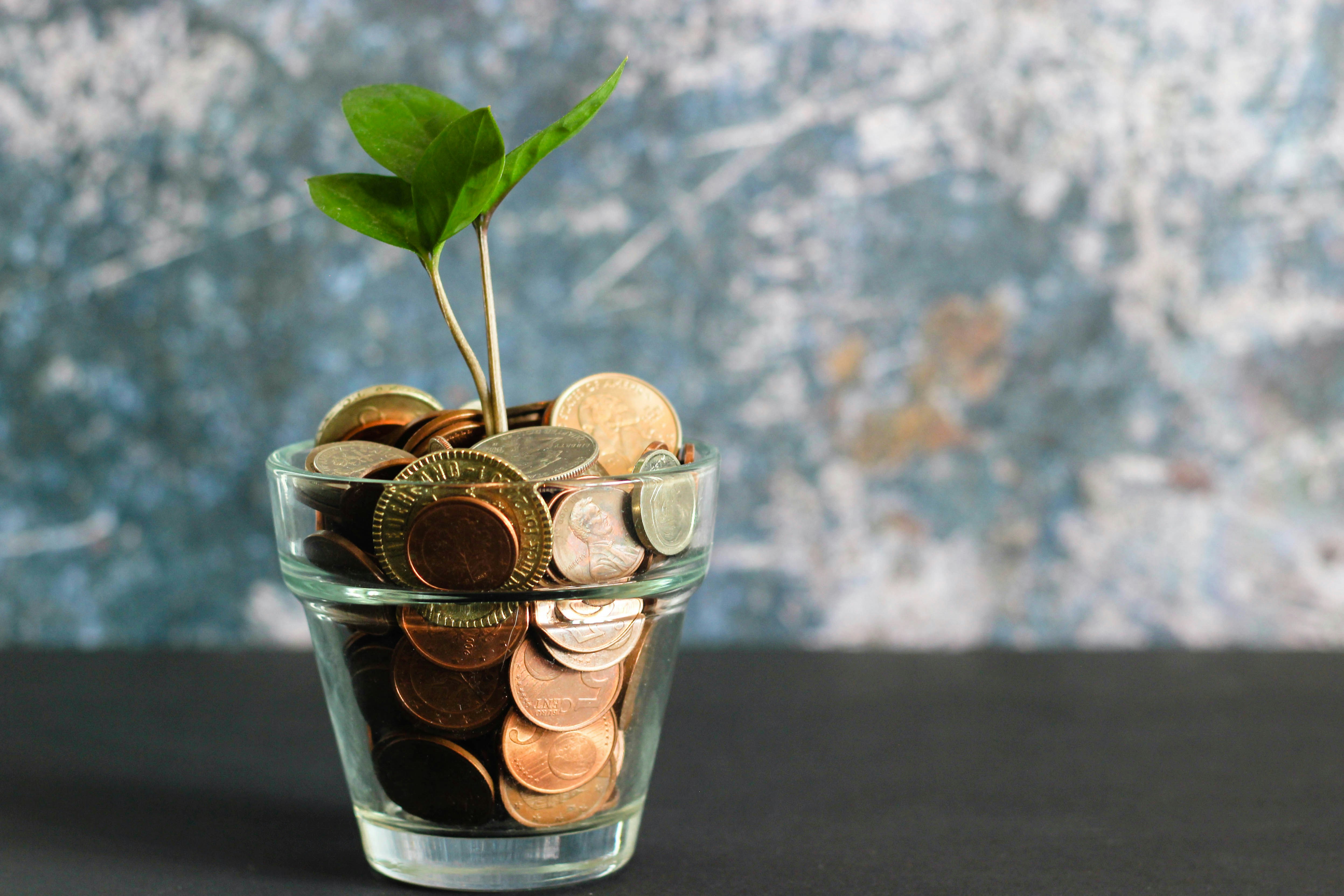Understanding the Need for Financial Preparedness
Hurricane season in Florida is a reality that affects countless lives each year, making financial preparedness essential. As storms become more intense, the economic impacts can be devastating, not just for the affected regions but also for individuals and businesses. Ensuring financial readiness before disaster strikes can mitigate these challenges, providing a safety net when it’s needed most.
Florida, being prone to hurricanes, frequently faces disruptions that can last for weeks, affecting local economies, businesses, and households. By understanding the financial risks and taking proactive measures, residents and businesses can better navigate the aftermath of a hurricane.
Creating a Hurricane Financial Plan
A comprehensive financial plan is crucial for surviving the economic impacts of hurricanes. This plan should include:
– **Emergency Savings:** It’s advisable to have an emergency fund that covers at least three to six months of living expenses. This fund should be easily accessible, enabling quick withdrawal if necessary.
– **Insurance Coverage:** Review and update your insurance policies. Homeowners, renters, and business insurance should adequately cover hurricane-related damages. Don’t forget to include flood insurance, as standard policies often don’t cover flood damage.
– **Debt Management:** Understand your debts and evaluate how to manage payments during a disruption. Communicating with lenders about potential leniency options in the wake of a disaster can alleviate some financial strain.
– **Documentation:** Securely store financial documents, such as bank statements, insurance papers, and property deeds, in waterproof containers or online secure vaults.
For comprehensive advice on insurance and coverage, the [Federal Emergency Management Agency (FEMA)](https://www.fema.gov) provides detailed resources and guidelines.
The Role of Technology in Financial Preparation
Technological advancements have made financial preparedness more accessible. From mobile banking apps to online budgeting tools, individuals can now manage their finances with ease and precision.
– **Mobile Banking:** Ensure your banking app is up-to-date and has features like bill pay, mobile deposit, and fund transfers, which are crucial during emergencies.
– **Budgeting Tools:** Utilize online platforms like Mint or YNAB to create budgets that incorporate emergency savings goals and track spending habits.
– **Cryptocurrency:** While still emerging, some consider cryptocurrency a part of their financial strategy due to its potential accessibility and liquidity during crises.
Community Initiatives and Resources
Engaging with local community resources can enhance financial preparedness efforts. Non-profits like HelpNow offer workshops and courses on disaster readiness that can be invaluable. Understanding local government plans and tapping into available resources can also bolster your financial strategy.
Community groups often provide seminars that cover topics from budgeting to accessing emergency funds, ensuring residents are well-prepared for any eventuality.
What to Do Post-Hurricane
After a hurricane, assessing and acting on financial strategies is crucial:
– **Assess Damage:** Document all damages with photographs and written records before contacting insurance companies.
– **Apply for Aid:** Explore assistance options like federal disaster relief programs. The [Disaster Assistance Improvement Program](https://www.disasterassistance.gov) is a reliable starting point for financial aid after a storm.
– **Reevaluate Financial Plans:** Post-hurricane is an excellent time to reassess your financial plans, learn from experiences, and prepare better for future events.
– **Seek Support:** Don’t hesitate to reach out for financial counseling and support services offered by local organizations and non-profits.
For those looking to further support disaster response and preparedness, consider joining initiatives such as the HelpNow team, where you can make a difference in community resilience and readiness. Learn more by visiting our [join page](/join).
Conclusion
Financial preparedness is a critical component of overall hurricane readiness. By understanding potential financial impacts and adopting strategic measures, Floridians can safeguard their assets and wellbeing. Implementing proactive financial strategies, leveraging technology, and engaging with community resources can ensure a more resilient response to any hurricane that comes our way.
For additional information on emergency preparedness and resources, please explore our [blog](/blog) and other informative [courses](/courses) available at HelpNow.

